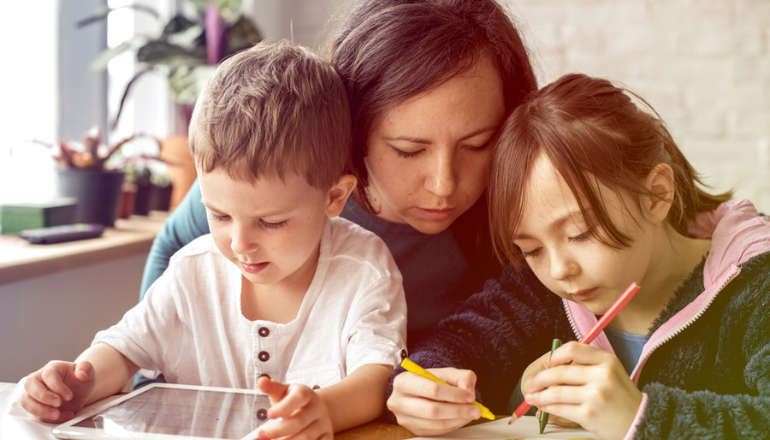
The number of pupils being homeschooled on the Isle of Wight continues to rise, as some parents say their children are not in the ‘right mental state to be at school’.
Recent figures from the Isle of Wight Council show nearly 600 students are being taught at home, instead of attending school — compared to 556 at the same time last year.
Between December 2019 to now, there was a 54 per cent increase in the number of children electively home-educated.
The Covid pandemic has contributed to the large increase, and figures remain high now.
At the end of 2019, 384 children were being homeschooled on the Island, while in December 2020 that figured jumped to 464.
Nearly three years later, it stands at 591.
Natalie Smith, the council’s assistant education and inclusion director, said one of the reasons numbers are going up is that parents feel their child is not in the right mental state to be at school, or going out at all.
She said:
“We feel strongly, to support those children to be independent teenagers and adults.
"We need to work very hard with those families to try and re-introduce some kind of school education and get children back into that routine of looking outwards again.”
Ms Smith said this is something the council was successful at, as 95 per cent of families that home educate engage very well with the authority, compared to 90 per cent the year before.
This high level of engagement allows the authority to have access to the children and young people so it can work with them to reengage with school education.
If the council does not have ‘eyes on’ the children, Ms Smith said, it is hard to engage with them and know they are safe.
There were two types of homeschooled pupils, she said, ones where children should be at school — “parents want them to go but there are barriers in the way” — but also those whose parents choose, philosophically, to teach them at home.
The latter was an area, Ms Smith said, ‘that for better or for worse’ the Island has a strong reputation for.
Both sets of pupils have gone up, she said, but as educators, the council had to worry about the first set and what barriers can be removed to get the children back into school.


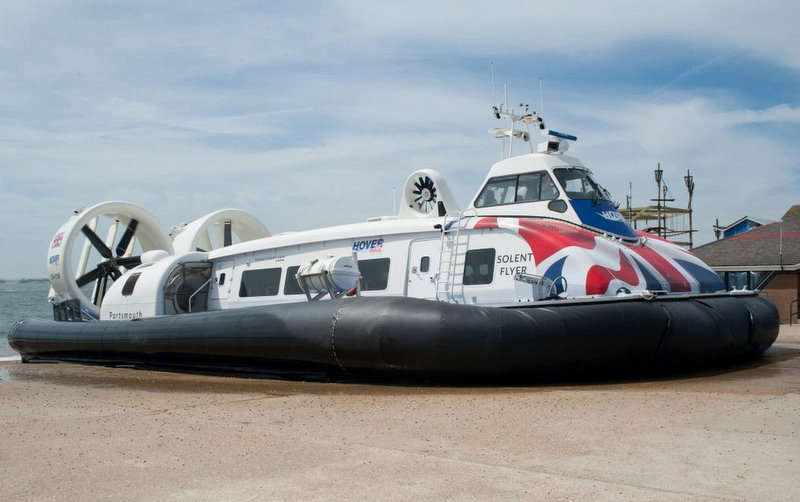 Hovertravel Services Remain Suspended Due To Unexploded Ordnance
Hovertravel Services Remain Suspended Due To Unexploded Ordnance
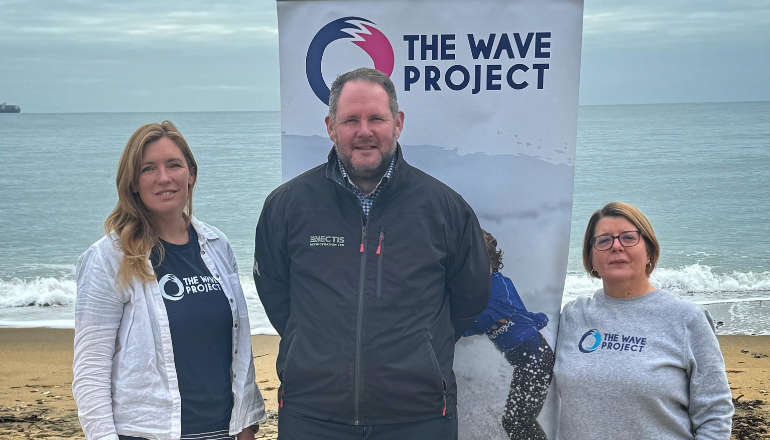 Local Business Gives Back By Supporting Surf Charity
Local Business Gives Back By Supporting Surf Charity
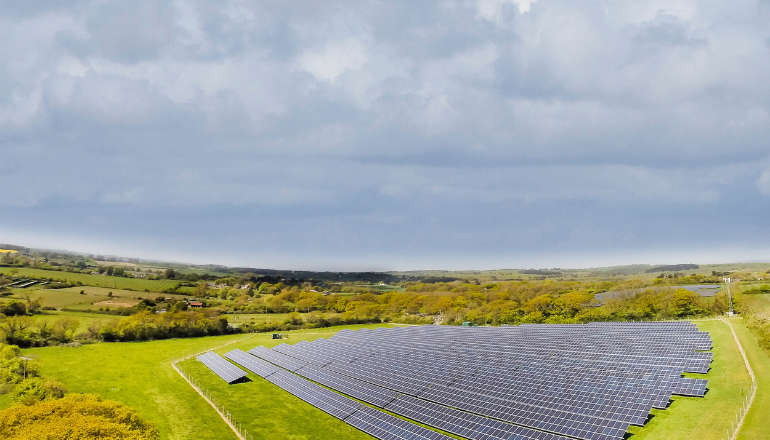 Local Energy Company Seeks Rooftops For Community Solar Projects
Local Energy Company Seeks Rooftops For Community Solar Projects
 Who Will You Nominate For 50th Isle Of Wight Sports Achievement Awards?
Who Will You Nominate For 50th Isle Of Wight Sports Achievement Awards?
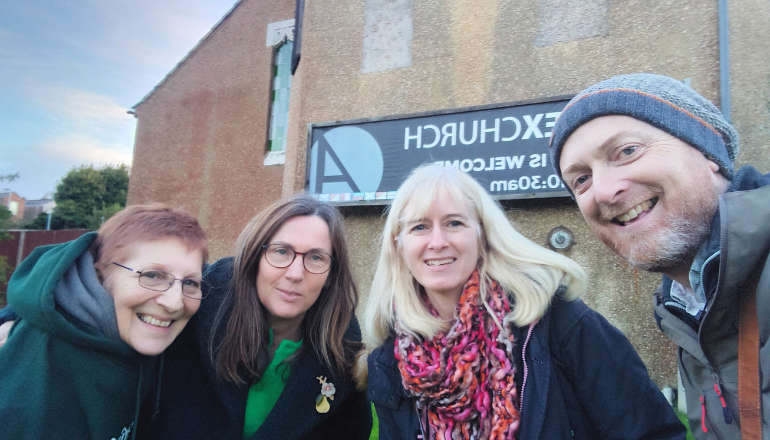 Isle Of Wight Churches Launch Urgent Fundraising Appeal For Debt Help On The Island
Isle Of Wight Churches Launch Urgent Fundraising Appeal For Debt Help On The Island
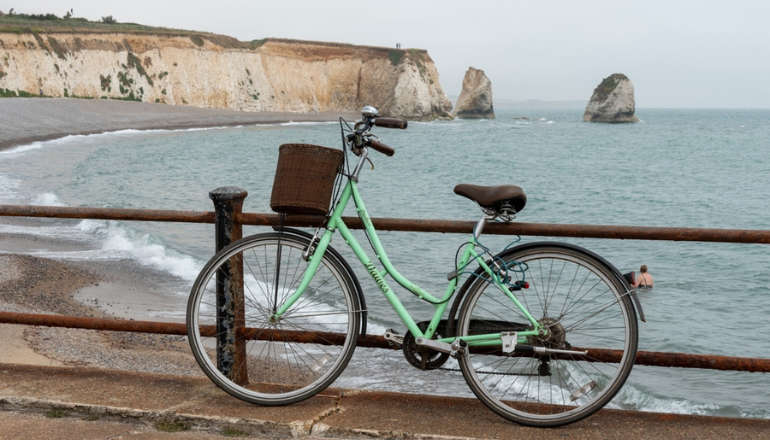 Plans Afoot To Improve Isle Of Wight Cycling And Walking Routes
Plans Afoot To Improve Isle Of Wight Cycling And Walking Routes
 Appeal Following Report Of Assault In Cowes
Appeal Following Report Of Assault In Cowes
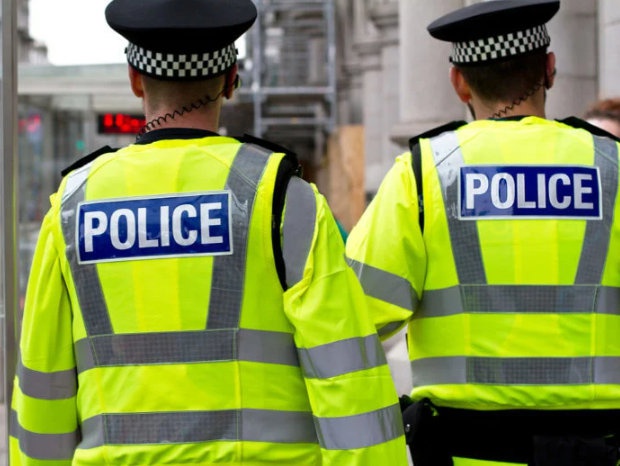 Witness Appeal Following Fatal Incident On Isle Of Wight
Witness Appeal Following Fatal Incident On Isle Of Wight
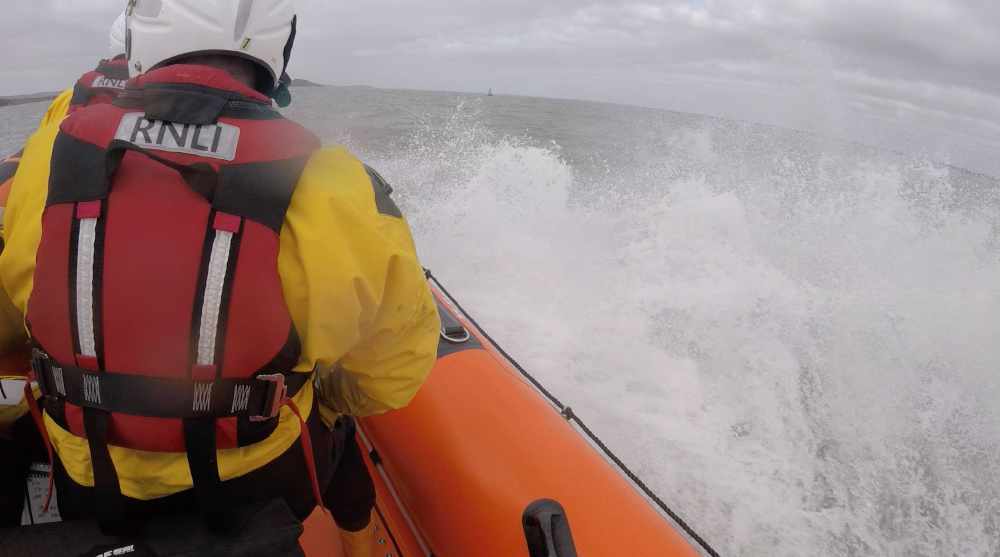 Cowes RNLI Lifeboat Attends ‘Man In River’ Emergency
Cowes RNLI Lifeboat Attends ‘Man In River’ Emergency
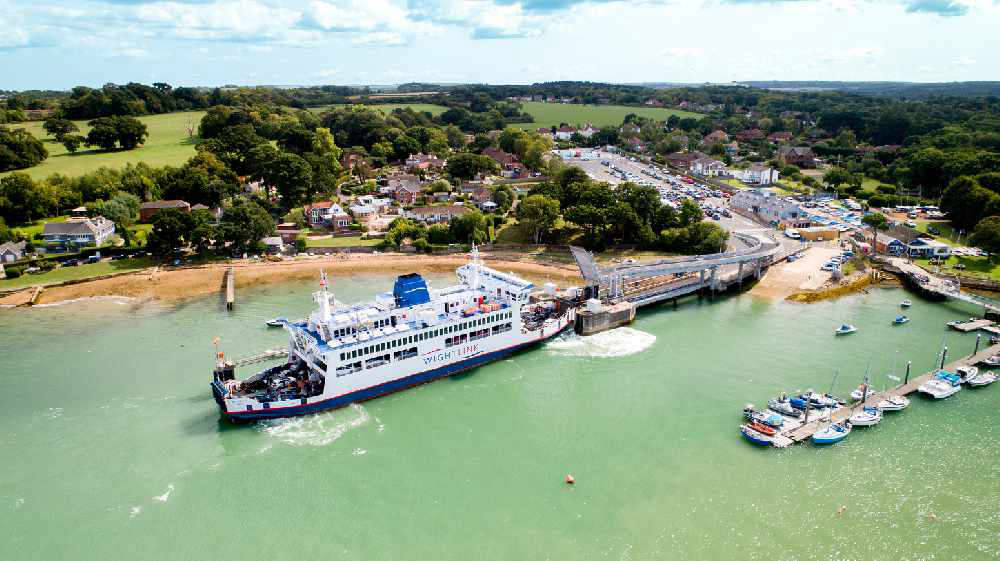 Wightlink Releases Statement Regarding Suspended Services
Wightlink Releases Statement Regarding Suspended Services
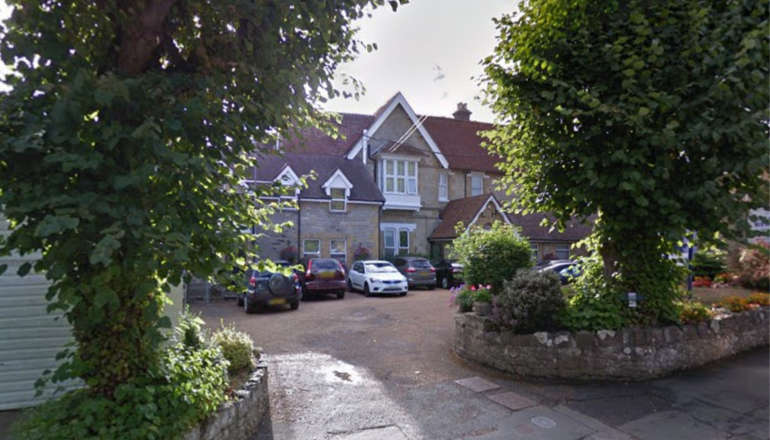 Changing Rooms: Shanklin Hotel Set For Upgrades
Changing Rooms: Shanklin Hotel Set For Upgrades
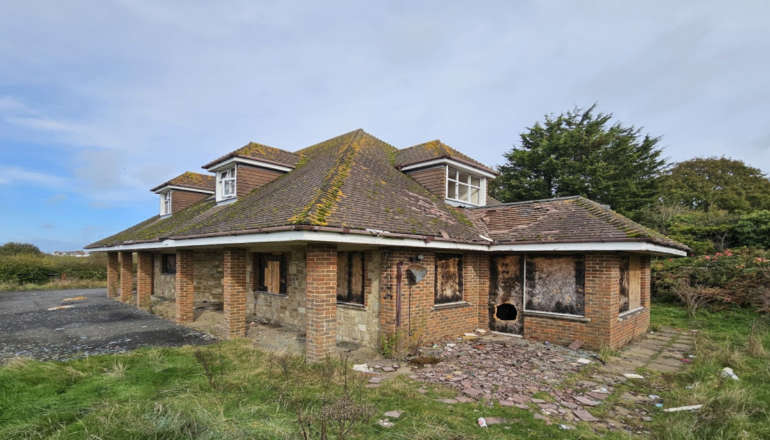 'Plagued' Ryde Farmhouse Set For Demolition
'Plagued' Ryde Farmhouse Set For Demolition
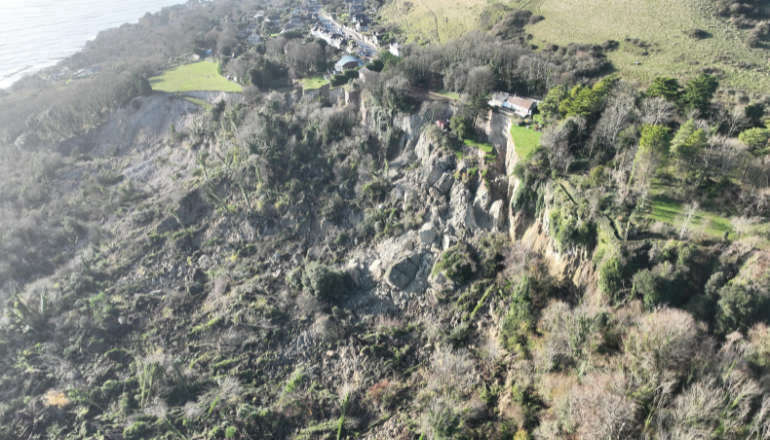 Leeson Road To Re-Open This Sunday
Leeson Road To Re-Open This Sunday
 Supergrass, Jess Glynne And Busted Among Latest Acts Announced For Isle Of Wight Festival 2025
Supergrass, Jess Glynne And Busted Among Latest Acts Announced For Isle Of Wight Festival 2025
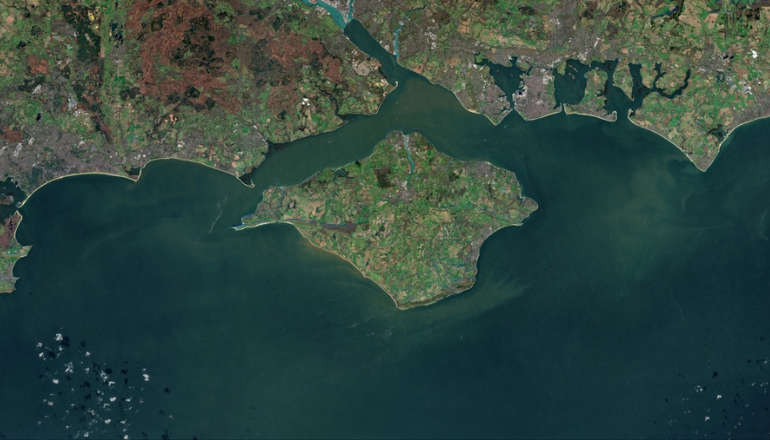 Inspectors Appointed For Island Planning Strategy Examination
Inspectors Appointed For Island Planning Strategy Examination
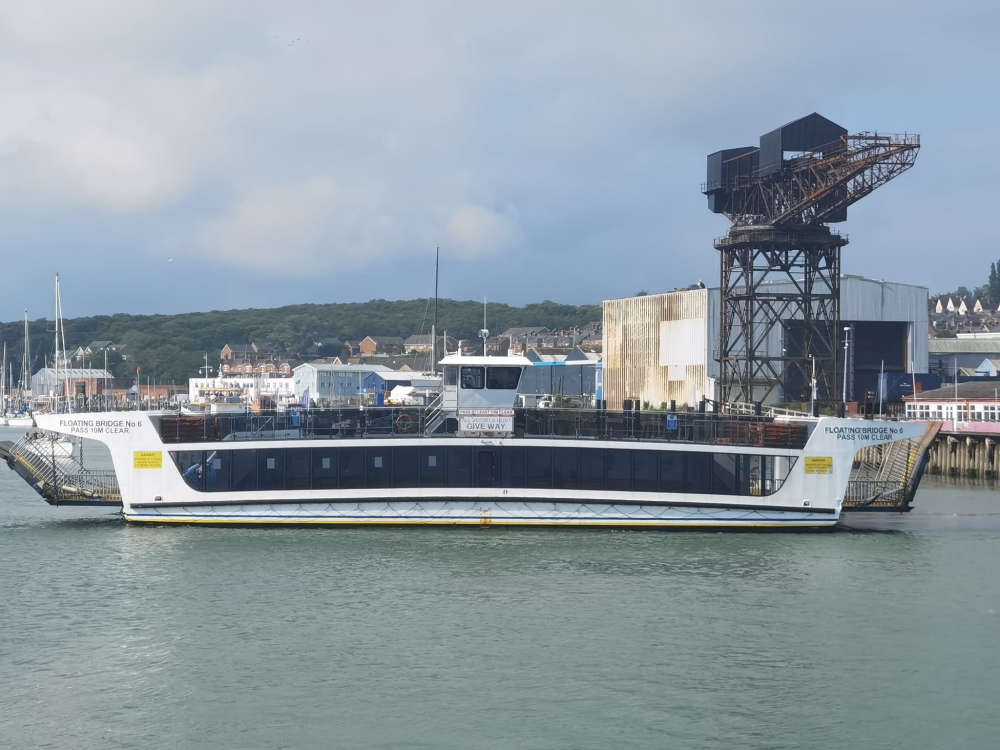 Islanders Floating Bridge Views Sought
Islanders Floating Bridge Views Sought
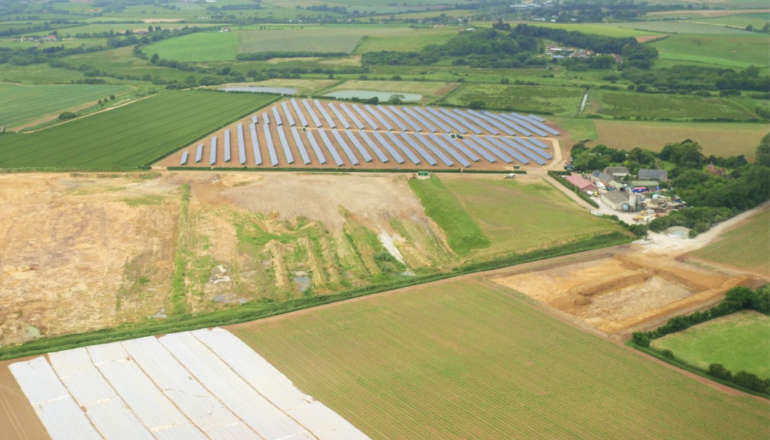 Two More Years Of Restoration Works Confirmed For Isle Of Wight Quarry
Two More Years Of Restoration Works Confirmed For Isle Of Wight Quarry
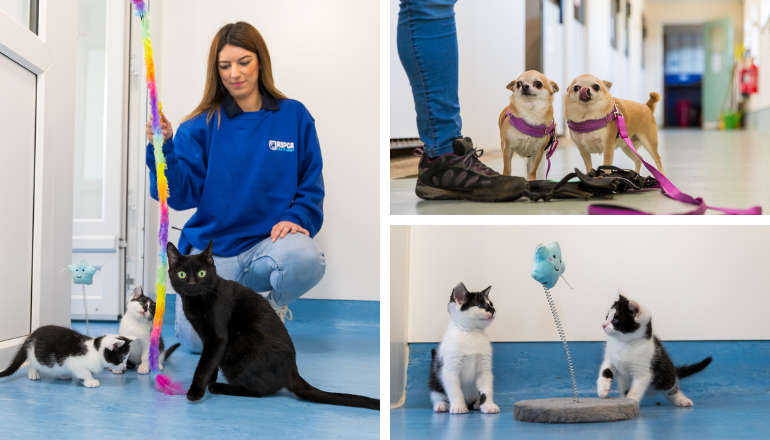 RSPCA Isle Of Wight Appeal Launched To Help Island's Most Vulnerable Animals This Christmas
RSPCA Isle Of Wight Appeal Launched To Help Island's Most Vulnerable Animals This Christmas
 Appeal For Information Following Assault At Crown Pub In Ryde
Appeal For Information Following Assault At Crown Pub In Ryde
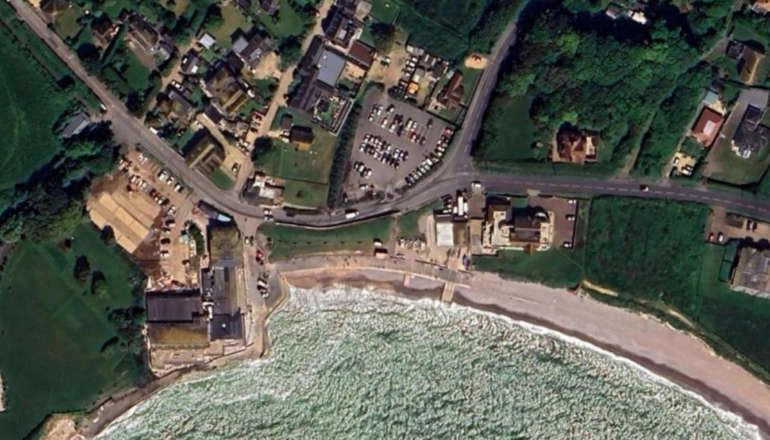 New Entrance And Kitchen Mooted For Freshwater Bay Hotel
New Entrance And Kitchen Mooted For Freshwater Bay Hotel


